How Probability And Math Help Gamblers Win: The Science Behind Strategic Gaming
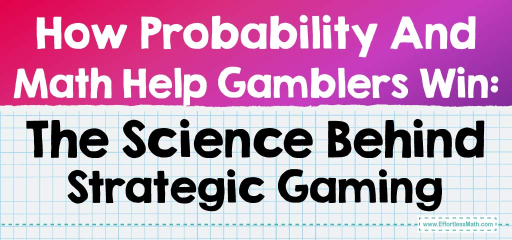
Most people think gambling is purely about luck, but successful players know better. Mathematics and probability form the foundation of every winning gambling strategy. Professional gamblers consistently outperform casual players by 15-25% because they understand the numbers behind the games.
The difference between winning and losing often comes down to understanding basic mathematical concepts like house edge, bankroll management, and proper game selection. This guide, created in collaboration with CasinosFest, reveals the mathematical strategies that separate successful gamblers from those who simply donate money to casinos.
The Mathematical Foundation of Gambling Success
Every casino game operates on mathematical principles that determine long-term outcomes. Understanding these fundamentals is essential for anyone serious about gambling success.
Understanding Probability in Casino Games
Probability in gambling isn’t abstract theory – it’s practical knowledge that directly impacts your wallet. Every bet you make has a mathematical expectation that can be calculated precisely.
Take roulette as an example. On a European wheel with 37 numbers, your chance of hitting a single number is 1 in 37, or 2.7%. The casino pays 35-to-1 on winning bets, but the true odds are 36-to-1. This difference creates the house edge.
Blackjack offers much better odds when played correctly. Basic strategy reduces the house edge to just 0.5%, meaning you only lose 50 cents for every $100 wagered over time. Compare this to slot machines, which typically have house edges between 2-15%, making them among the worst bets in any casino.
The key insight is that theoretical probability matches real-world results over large sample sizes. Short-term variance can create winning or losing streaks, but mathematics always prevails in the long run.
Expected Value and House Edge Calculations
Expected value (EV) tells you exactly how much you can expect to win or lose on any bet over time. It’s calculated by multiplying each possible outcome by its probability, then adding them together.
For a $10 bet on red in European roulette:
- Win: $10 profit × 18/37 probability = $4.86
- Lose: -$10 loss × 19/37 probability = -$5.14
- Expected Value: $4.86 – $5.14 = -$0.27
This means you lose an average of 27 cents on every $10 red bet. Over 1,000 bets, you’d expect to lose $270.
House edge is simply your expected loss as a percentage of your bet. In this roulette example, losing $0.27 on a $10 bet gives a house edge of 2.7%.
Understanding these calculations helps you choose games and bets with the best mathematical prospects.
Essential Mathematical Concepts Every Gambler Should Know
Success in gambling requires mastering several key mathematical concepts that guide decision-making and money management.
Bankroll Management Using Mathematical Principles
Your bankroll is your gambling business capital, and mathematics determines how to manage it properly. The Kelly Criterion provides a formula for optimal bet sizing based on your edge and bankroll.
For most casino games where you don’t have an edge, the Kelly Criterion suggests betting nothing. However, for advantage play situations like card counting, it calculates the optimal percentage of your bankroll to wager.
Professional gamblers typically risk no more than 1-3% of their bankroll on any single bet. This conservative approach ensures they survive inevitable losing streaks and capitalize on winning periods.
Statistical Analysis and Pattern Recognition
Variance and standard deviation measure how much your results will fluctuate around the expected value. High variance games like video poker create bigger swings but don’t change your long-term expectation.
Many gamblers mistake random variance for meaningful patterns. A slot machine that hasn’t paid a jackpot recently isn’t “due” – each spin has identical odds regardless of previous results.
Sample size matters enormously in gambling. Winning or losing over 100 hands means little statistically. You need thousands of trials before results approach the mathematical expectation. This is why casinos always win in the long run – they have millions of trials while individual players have relatively few.
Game-Specific Mathematical Strategies
Different games require different mathematical approaches for optimal play.
Blackjack: Card Counting and Basic Strategy
Basic strategy in blackjack is pure mathematics. Computer simulations have determined the optimal play for every possible hand combination, reducing the house edge to approximately 0.5%.
Card counting adds another mathematical layer by tracking the ratio of high to low cards remaining in the deck. When more high cards remain, the player’s advantage increases because blackjacks pay 3-to-2 and dealers bust more often.
A simple counting system assigns values: 2-6 cards = +1, 7-9 = 0, 10-A = -1. Higher positive counts indicate betting opportunities. Professional counters adjust their bet size based on the true count, potentially gaining a 1-2% edge over the casino.
Poker: Pot Odds and Expected Value Calculations
Poker decisions revolve around pot odds – comparing the cost of a call to the potential payoff. If a pot contains $100 and your opponent bets $20, you’re getting 6-to-1 odds on your call.
With 4 cards to a flush after the flop, you have roughly 4-to-1 odds of completing your hand. Since the pot offers 6-to-1 odds, calling shows a profit over time.
The variance in poker is substantial. Even winning players experience significant downswings. To weather these fluctuations, most professionals recommend bankrolls of 20-40 buy-ins for cash games.
Sports Betting: Finding Value Through Mathematical Analysis
Successful sports betting requires finding bets where your calculated probability exceeds the implied odds from bookmaker lines. If you believe a team has a 60% chance of winning but the odds imply only 55%, that’s a value bet.
Line shopping – comparing odds at multiple sportsbooks – can improve your returns by 1-3% annually. Small differences in odds compound significantly over hundreds of bets.
Statistical modeling helps identify value by analyzing team performance metrics, weather conditions, injuries, and other factors that affect game outcomes.
Practical Applications and Money Management
Applying mathematical principles requires choosing the right games and managing your money effectively.
Choosing the Right Games Based on Mathematical Analysis
Game selection dramatically impacts your long-term results. Baccarat’s banker bet has just a 1.06% house edge, while the tie bet carries a massive 14.4% disadvantage. Craps pass line bets face 1.36% house edge, but proposition bets can exceed 10%.
European roulette (2.7% house edge) is significantly better than American roulette (5.26%) due to the additional double-zero. These seemingly small differences compound over time, costing thousands of dollars for regular players.
Secure Payment Methods for Mathematical Gamblers
Implementing mathematical gambling strategies requires consistent access to your bankroll and reliable fund management. The choice of payment method significantly impacts your ability to maintain disciplined mathematical approaches.
For Canadian players, eCheck payments offer a particularly secure and trackable option for managing gambling funds. Casinos in Canada that accept eCheck provide the banking reliability necessary for serious mathematical gamblers who need to track their performance accurately and maintain strict bankroll management protocols.
Transaction tracking becomes crucial when implementing mathematical strategies, as precise record-keeping allows you to calculate your actual return on investment and verify that your theoretical edge translates into real profits.
Common Mathematical Mistakes Gamblers Make
Even mathematically-minded gamblers fall into predictable traps that undermine their success.
Misunderstanding Probability and Statistics
Many players believe in “due” outcomes, thinking that results must balance out quickly. In reality, according to PennState Eberly College of Science, independent events have no memory. A coin that lands heads ten times in a row still has 50% odds of heads on the next flip.
Sample size errors plague amateur gamblers. Winning sessions create overconfidence, while short losing streaks trigger panic. Mathematical gamblers understand that meaningful results require thousands of trials, not dozens.
Conclusion: The Mathematical Path to Gambling Success
Mathematics transforms gambling from pure chance into calculated risk-taking. Understanding expected value, bankroll management, and probability gives you the same tools professional gamblers use to generate consistent profits. Also, using safe depost/withdroval options that echeck casinos offer is a must
Success requires discipline to follow mathematical principles even during inevitable losing streaks. Emotional decisions destroy mathematical edges, while systematic approaches compound small advantages into significant long-term gains.
The difference between winning and losing gamblers isn’t luck – it’s mathematics, discipline, and the patience to let probability work in your favor over time.
Frequently Asked Questions
How do you add and subtract mixed fractions?
To add or subtract mixed fractions, first convert each mixed fraction into an improper fraction, where the numerator (top number) is greater than the denominator (bottom number). For example, convert 1 2/3 to 5/3 by multiplying the whole number by the denominator and adding the numerator. Next, ensure both fractions have a common denominator before adding or subtracting the numerators as required. Finally, simplify the fraction if possible and convert it back to a mixed number if needed. Understanding these steps can significantly enhance strategic decision-making in games of chance, where quick, accurate mathematical calculations improve your odds of success.
How do you multiply and divide decimals?
To multiply decimals, align the numbers by their rightmost digits (not the decimal points) and multiply as if they were whole numbers. Then, count the total number of decimal places in both original numbers and move the decimal point in your answer to the left by that number. For division, move the decimal in the divisor to the right until it’s a whole number, shifting the decimal in the dividend the same number of places. Divide as with whole numbers, then place the decimal in the quotient directly above where it appears in the dividend. Understanding these operations is crucial in games of chance, where calculating payouts and odds often involves precise decimal calculations.
What is a growing pattern?
A growing pattern in mathematics refers to a sequence where each term increases according to a specific rule or formula. In the context of gambling, understanding growing patterns can help gamblers predict and strategize around possible outcomes, particularly in games that involve progressive betting or increasing odds. For instance, recognizing a growing pattern in card counting can inform decisions on when to increase bets. Educating oneself about different mathematical patterns and how they apply to gambling strategies can significantly enhance one’s chances of winning. Understanding how to prepare for math tests can also provide foundational skills useful in gambling scenarios.
Related to This Article
More math articles
- How to Identify Statistical Questions
- How to Graph Inverse of the Sine Function?
- FREE ASTB Math Practice Test
- Other Topics Puzzle – Challenge 98
- Math Classroom Decorations and Bulletin Board Supplies
- Limits: What is the Neighborhood of a Point
- Top 10 HiSET Math Prep Books (Our 2023 Favorite Picks)
- 5th Grade MCAS Math Practice Test Questions
- 3rd Grade RISE Math Worksheets: FREE & Printable
- Top 10 7th Grade STAAR Math Practice Questions
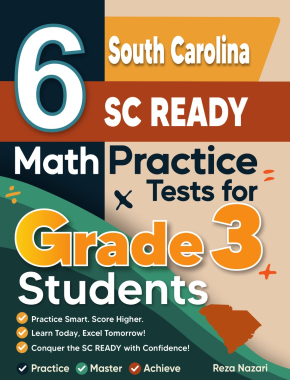


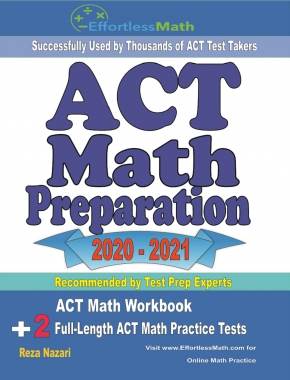
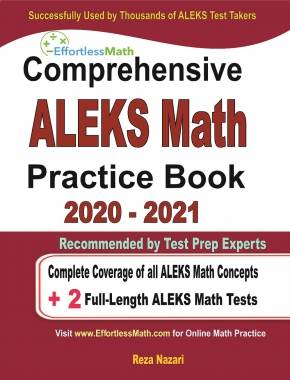
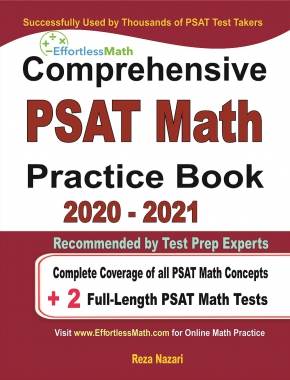
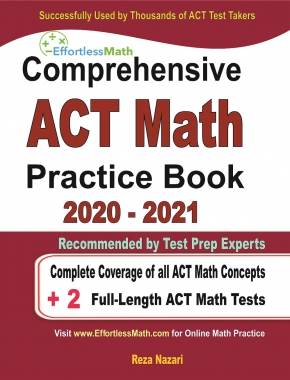
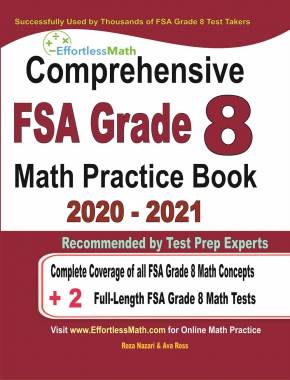
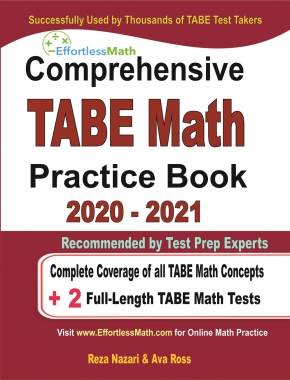
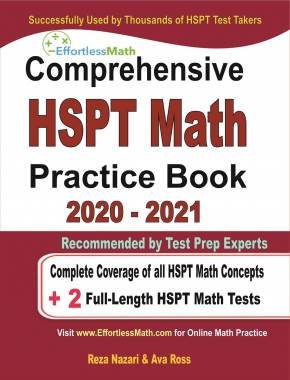
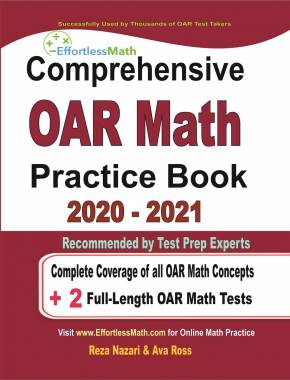
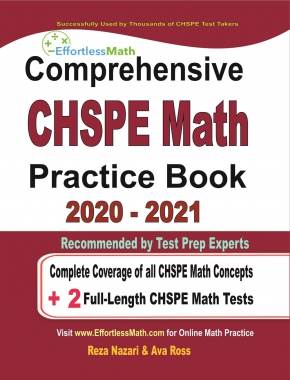
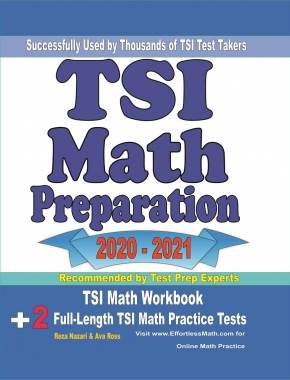
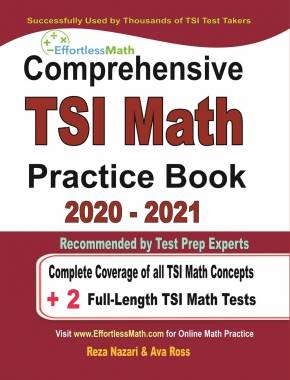

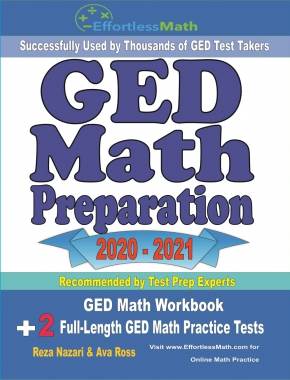
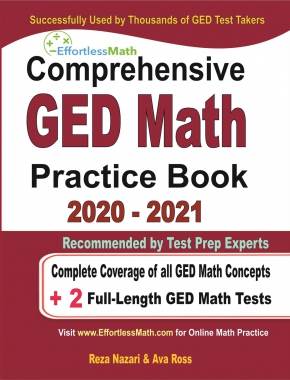
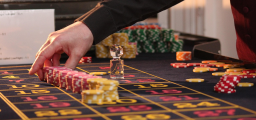


















What people say about "How Probability And Math Help Gamblers Win: The Science Behind Strategic Gaming - Effortless Math: We Help Students Learn to LOVE Mathematics"?
No one replied yet.